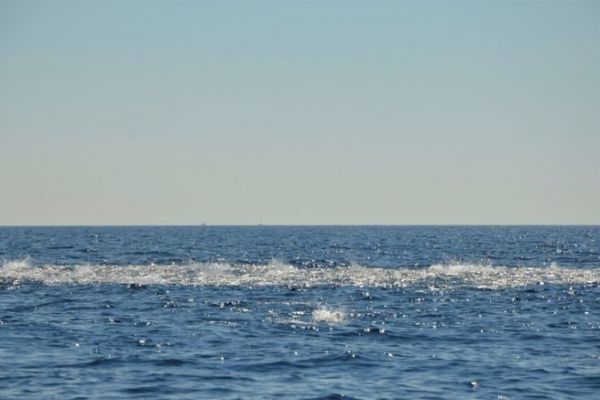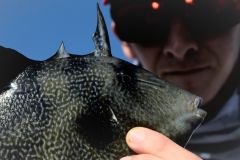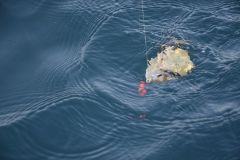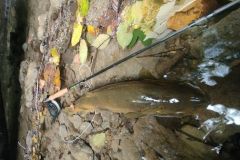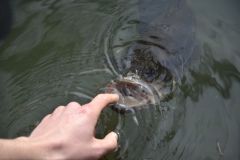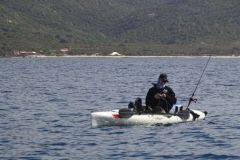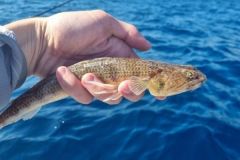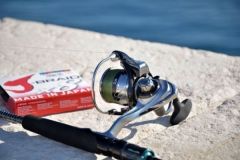Thermal stress and increased mortalityÔeuros»
Many Mediterranean species, adapted to temperate waters, suffer severe physiological stress when temperatures exceed their tolerance thresholds. This can lead to massive mortality, particularly among invertebrates (gorgonians, sponges, bivalves), coastal fish and certain emblematic or protected species.
Changes in behavior and migrationÔeuros»
Fish and other marine animals can change their feeding habits, migrate to deeper or cooler areas, or change their breeding periods. Some native species are seeing their range shrink, or are competing with more heat-tolerant exotic species, a phenomenon described as "Ôeuros»tropicalizationÔeuros»" of the Mediterranean.
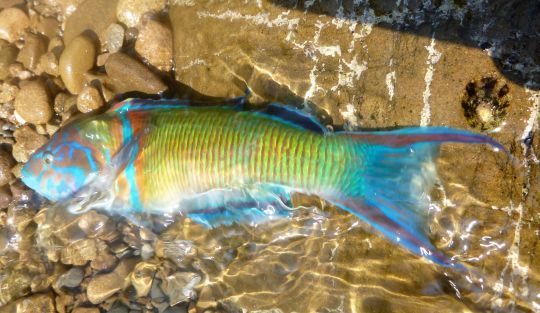
Ecological imbalancesÔeuros»
The excess mortality of certain key species can lead to imbalances in food chains and ecosystem structure. Marine heatwaves also encourage the proliferation of opportunistic or invasive species, to the detriment of local biodiversity.
Increased risk of diseaseÔeuros»
Thermal stress weakens marine organisms, making them more vulnerable to infections, parasites and emerging diseases.
Groups and species most affected
The marine species most vulnerable to marine heatwaves in the Mediterranean are mainly those that are fixed or have very limited mobility, as they cannot escape to cooler waters.
Corals and sea fansÔeuros»: gorgonians (especially red gorgonians) suffer massive mortality during marine heatwaves. Corals, essential shelters and nurseries for many fish and invertebrates, are severely affected by bleaching and mortality. Red coral, an emblematic Mediterranean species, is also a regular victim.
Mollusks»: oysters, mussels and certain endemic bivalves experience exceptional mortality after each major heat wave.
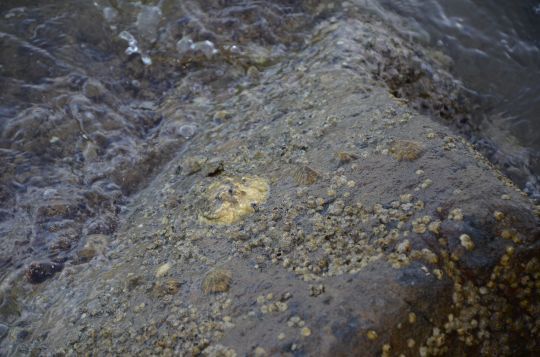
├pongesÔeuros»: they are particularly sensitive: in some areas, such as Marseille, almost 100Ôeuros»% of sponges disappeared during the recent heatwaves.
BearsÔeuros»: these invertebrates, which are important for the balance of seagrass beds and rocky bottoms, also suffer significant mortality.
Marine herbariaÔeuros»: posidonia meadows, essential to Mediterranean biodiversity, are highly vulnerable to rising temperatures and can die out during prolonged heatwaves.
Cedar and juvenile fishÔeuros»: some local species, particularly those dependent on fixed habitats such as seagrass beds or reefs, are seeing their survival threatened, especially as they are competing with exotic species that are more tolerant of heat.
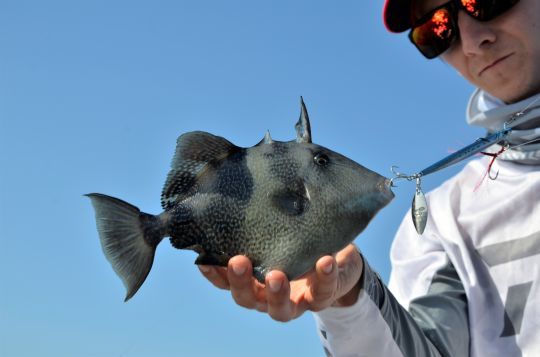
The current underwater heatwave in the Mediterranean is threatening biodiversity, accelerating the tropicalization of ecosystems and permanently weakening local marine fauna.

 /
/ 